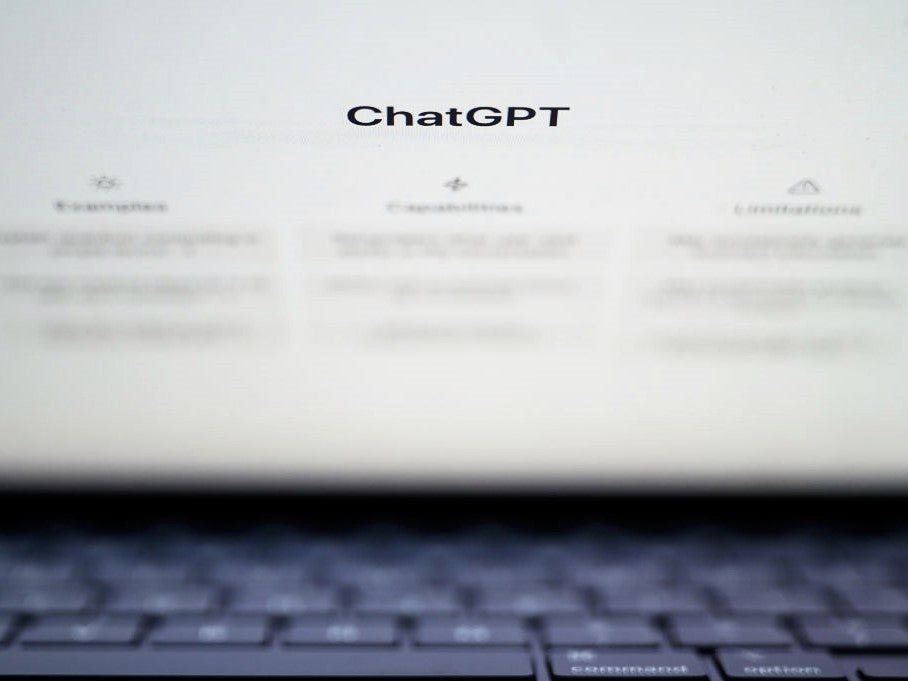ChatGPT is finally connected to the web after huge OpenAI update
New features also include access to more than 70 third-party browser plugins

Your support helps us to tell the story
From reproductive rights to climate change to Big Tech, The Independent is on the ground when the story is developing. Whether it's investigating the financials of Elon Musk's pro-Trump PAC or producing our latest documentary, 'The A Word', which shines a light on the American women fighting for reproductive rights, we know how important it is to parse out the facts from the messaging.
At such a critical moment in US history, we need reporters on the ground. Your donation allows us to keep sending journalists to speak to both sides of the story.
The Independent is trusted by Americans across the entire political spectrum. And unlike many other quality news outlets, we choose not to lock Americans out of our reporting and analysis with paywalls. We believe quality journalism should be available to everyone, paid for by those who can afford it.
Your support makes all the difference.OpenAI has unveiled a major update to its ChatGPT app, allowing users to finally browse the web with the AI chatbot.
The hugely popular tool, which hit 100 million users in record time just two months after its launch last November, was trained on a dataset that ended in 2021, severely limiting its capabilities compared to some of its more recent rivals.
The new web-enabled capabilities mean ChatGPT users will be able to access up-to-date information and ask questions about recent topics and events.
New features also include access to more than 70 third-party browser plugins, ranging from travel planning sites like Expedia and Kayak, to productivity tools like Slack and Zapier.
The update is currently only available for subscribers to ChatGPT Plus, who pay $20 per month for premium access to the app.
“We’re rolling out web browsing and Plugins to all ChatGPT Plus users,” OpenAI announced. “Moving from alpha to beta, they allow ChatGPT to access the internet and to use 70+ third-party plugins.”
The update comes just days after Google overhauled its Bard AI system, integrating it with many of its core products like Gmail and Maps.
Google also made Bard available for free to users in 180 countries and regions, eliminating the need to sign up for a waitlist.
News about the tech giant’s new and improved artificial intelligence was the headline event at its annual Google I/O developer conference last week, keeping in line with the firm’s pledge to be an “AI first company”.
The announcements from both OpenAI and Google come amid increased scrutiny from lawmakers and regulators surrounding AI safety.
OpenAI CEO Sam Altman will appear before Congress this week to face questions about generative AI and the risks it poses to society.
“Artificial intelligence urgently needs rules and safeguards to address its immense promise and pitfalls,” said Connecticut Democratic Senator Richard Blumenthal, who chairs the Senate panel on privacy and technology.
“This hearing begins our Subcommittee’s work in overseeing and illuminating AI’s advanced algorithms and powerful technology.”

Join our commenting forum
Join thought-provoking conversations, follow other Independent readers and see their replies
Comments